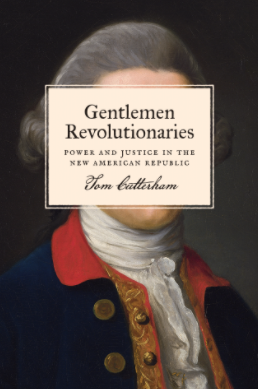Margaret Thatcher, Heroine of Classical Liberalism
When I went to Oxford in 1978, I had looked forward to spending many weekends in London, one of the great metropolises in all of history. But after an initial visit, I rarely returned. Outside of a few well-known precincts it was a shabby city. But even worse than its appearance was the general sense of lassitude, even paralysis. For instance, it was hard to find places to sell you the simplest groceries outside of very strict business hours. And I was always worried about getting back to Oxford. Industrial action in the form of railway and tube strikes could occur at any time. The economic and spiritual climate of the country was as dismal as its fall and winter weather.
But now London is again one of the great cities of the world, vibrant, innovative and resplendent. One woman is responsible for the transformation of the city and the nation of which it is the capital. That is why it is such a wonderful event to have a superb new biography of her glory years by Charles Moore: Margaret Thatcher at Her Zenith: In London, Washington and Moscow. The book shows why she is one of the rare leaders who transfigured her nation for decades, if not centuries to come. The comparison is less to other British Prime Ministers, but to other transformative world leaders, like Peter the Great or Ataturk. And what separates Thatcher from those leaders is not only her sex, but her democratic methods. She was able to accomplish her goals while persuading fickle and shifting popular opinion.
In this volume Moore details the manner in which Thatcher replaced the state with the market in occupying the commanding heights of the economy.Moore rightly sees that her program of reform had three crucial parts. The first was to break the power of the largest unions, like that of the coal miners, that could through industrial action bring down a democratically elected government. The second was to privatize industry to attract more investment and get the government out of the business of placating constituents by inefficient business practices. The third was to lower tax rates to encourage initiative.
Thatcher faced enormous resistance to these changes from all sides. Some of it was deeply antidemocratic. The book reveals that the mine workers’ union led by its Stalin admiring president, Arthur Scargill, were actually getting funded by the Soviet Union. But the chattering class relentlessly attacked her as well, motivated in part by a kind of class hatred: to them she was just a suburban Philistine. In reality, in all of British history she was the prime minister with the most coherent intellectual vision. But most intellectuals can be defined as the people least able to appreciate ideas that are not their own.
The most difficult opposition, however, came from her cabinet, few of whom were fully on board. She had the indomitable spirit, however, to quell the adversaries within. Here being a woman was a help, not a hindrance. She recognized as she put it, that in this world, “if a woman undertakes a battle, she has to win.” And she used every feminine asset—charm, stubbornness, and even flirtatiousness, to assure victory. A Prime Minister has been described a first among equals, but there is no doubt that no man in her cabinet (and they were all men) even came close to her.
Moore’s book is no hagiography. In my next post, I will describe how Moore shows that even at her height, she was creating the conditions for her precipitous fall from power.

